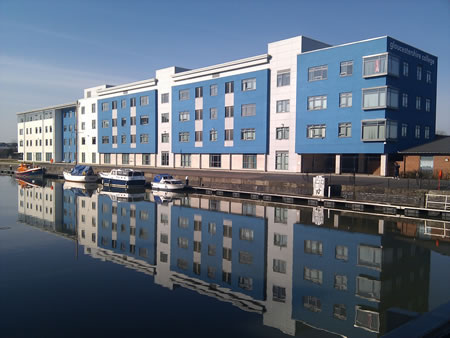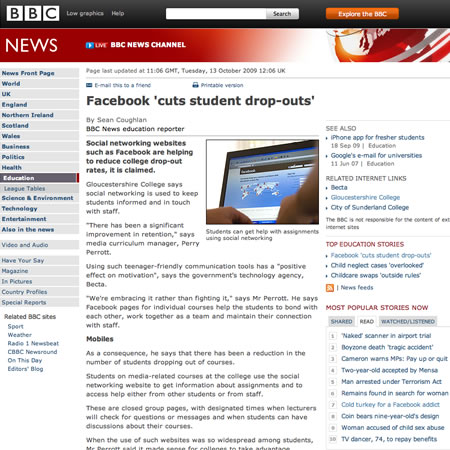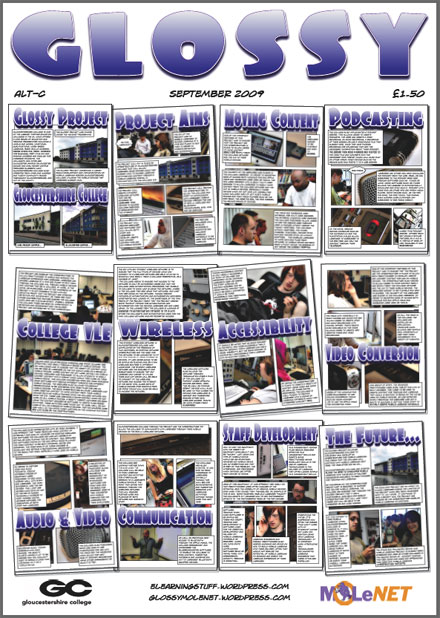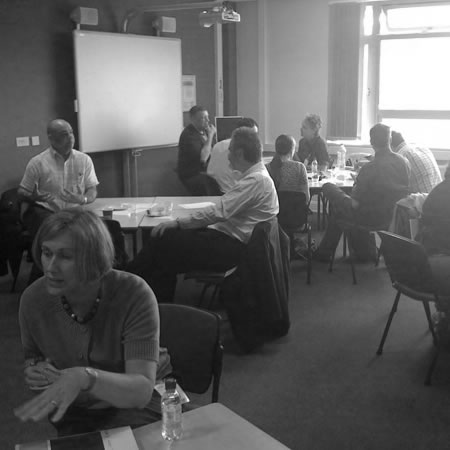Next Generation Learning Awards 2010: Special Innovation Award: Gloucestershire College
The judges praised the enthusiasm and commitment of all members of the college team, starting with the vision and commitment of the principal and senior leadership team. They found a high level of technological innovation that is in effect led by learners and their needs.
The judges also liked the way the use of technology has brought about a rapid cultural change in the willingness of tutors to share good practice and resources both internally in the college and nationally. This is done traditionally via presentations given by staff members at events and conferences, but the college has also pioneered the use of online communities and social networking sites to share good practice.
It also enjoys more formal working partnerships. For example, it is working with the Royal Forest of Dean and Stroud Colleges to implement mobile learning there, and has a successful collaborative working arrangement with local schools to deliver diplomas.
The college recognises that a strong infrastructure needs to be in place to support technological innovation.
Trained advanced practitioners are used to disseminate good practice in using ICT across the college and more widely. These practitioners are well resourced and given the right equipment to develop, for example, mobile learning and assessment. One example the judges noted was the use of specialist software to mark and annotate students’ multimedia portfolios that were then presented to external validators.
The judges felt that for the future, all-round embedding of the vision and strategy for ICT and ILT will see the college move from strength to strength in the coming year.
From Becta.







